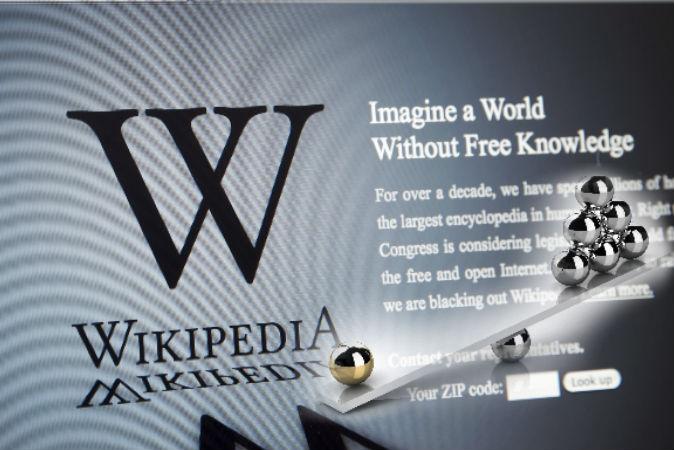Wikipedia is a great resource for people who are aware of its shortcomings. It provides a useful service by bringing the general public a wealth of information on seemingly infinite topics in easy-to-understand snippets.
A problem occurs, however, when people take everything they read on Wikipedia to be the truth without question. Though one of Wikipedia’s “Five Pillars”—that is, one of the fundamental principles on which it is said by its creators to operate—is to approach all topics “from a neutral point of view,” this is not always the case.
Senior members of public relations firm Bell Pottinger told UK newspaper The Independent that they had Wikipedia entries edited on behalf of governments, such as Uzbekistan’s, that had poor human rights records.





